Six Sundays 10am-12pm
November 3rd - December 8th, 2024
In today's rapidly changing world, understanding how to safely navigate civil unrest has become an essential skill for responsible citizens. This intimate, two-hour foundational course provides crucial insights into recognizing, assessing, and safely managing yourself and your loved ones during periods of civil unrest—while ensuring you never become part of the escalation.
Led by a global security expert with decades of experience in crisis management, you'll master practical skills for situational awareness, learn to identify the critical differences between peaceful protests and potentially dangerous civil disturbances, and develop non-violent response strategies that help keep you and your family safe. Through scenario-based learning and interactive discussions, you'll take home concrete tools including a personal risk assessment checklist, family emergency communication templates, and a situation evaluation framework.
While no prerequisites are required beyond FSA graduation, this course serves as the essential foundation for more advanced CADRE training and marks your first step toward ensuring firearms remain your absolute last resort.
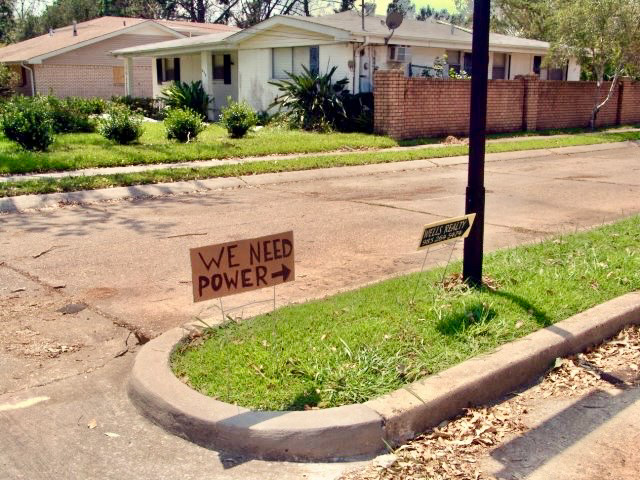
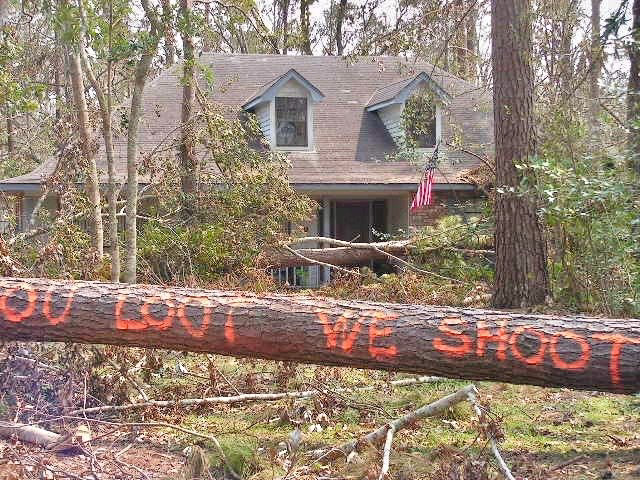

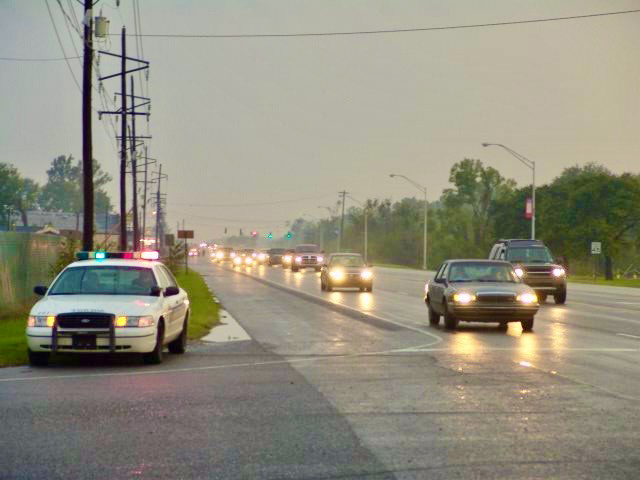
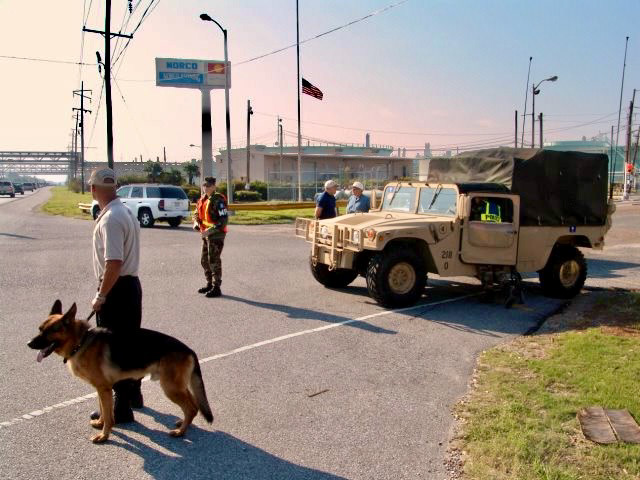
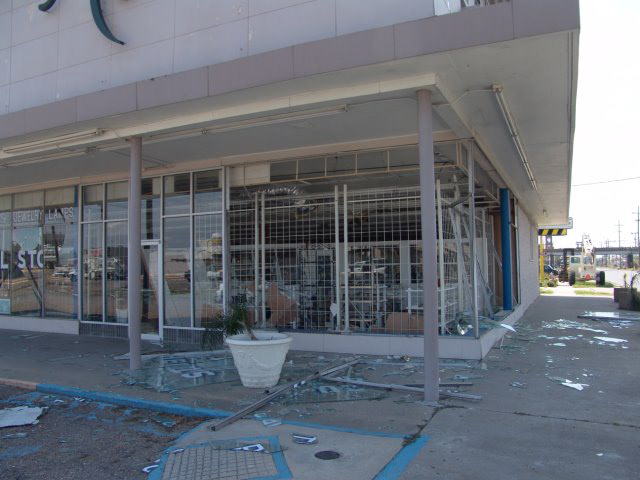
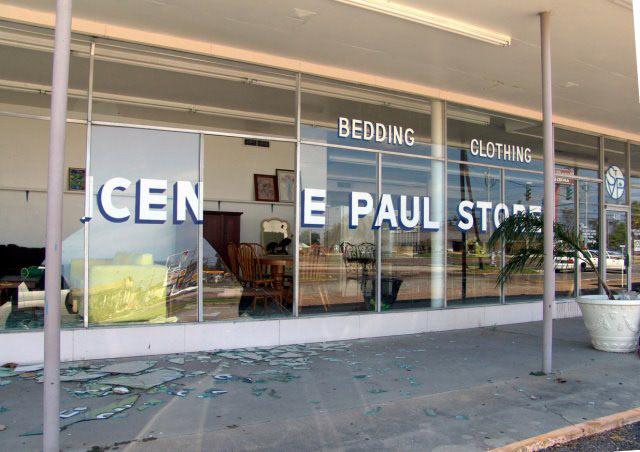
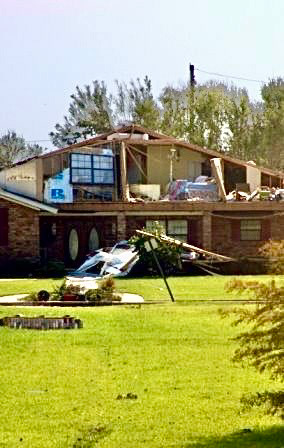
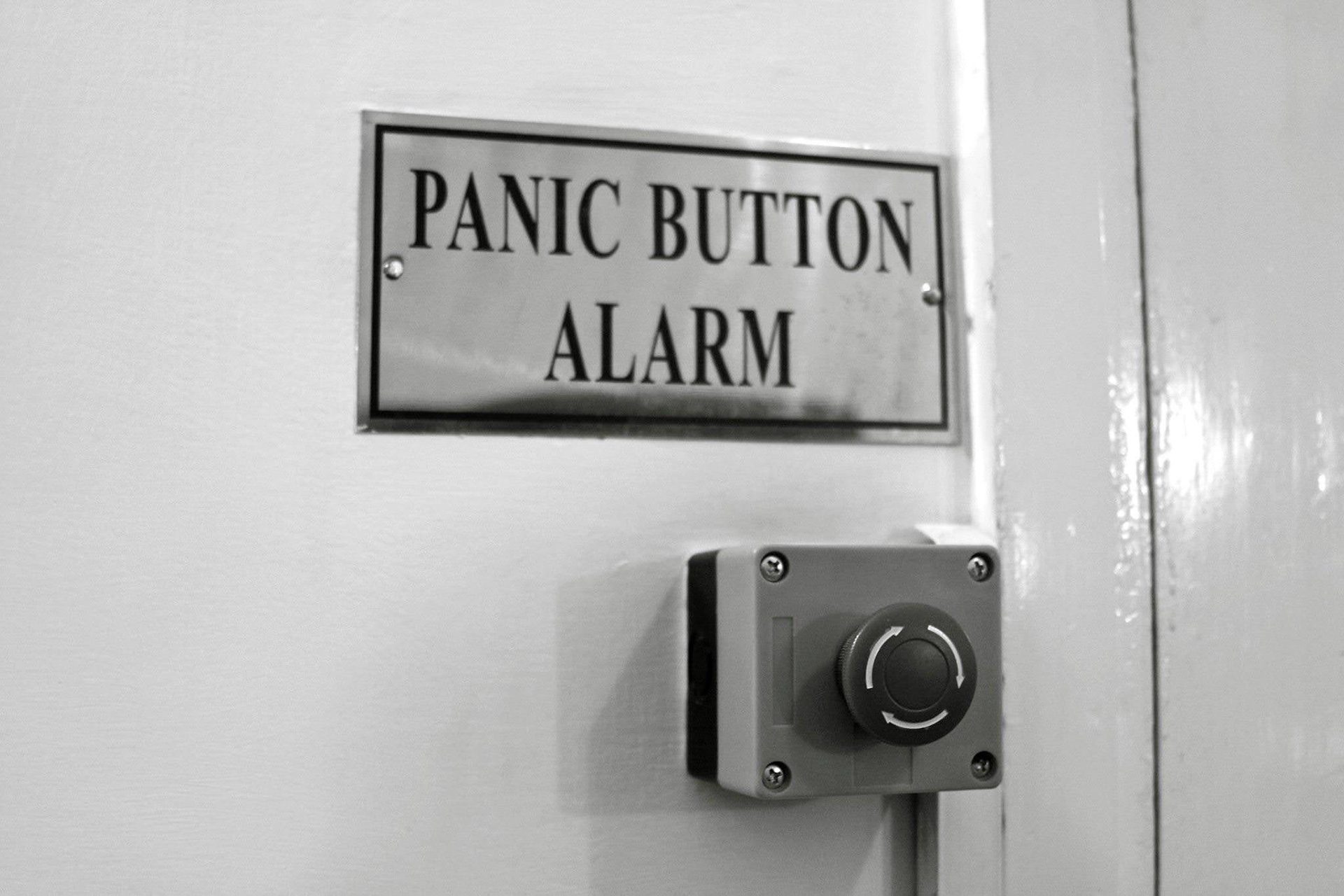
Session 1: DEFINING & IDENTIFYING Civil Unrest
In this foundational session, learn to read the signs of escalating civil unrest before it becomes critical. Master the "Three A's" - Assessment, Avoidance, and Action - as you learn to identify crowd dynamics, detect pre-incident indicators, and map safe exit routes in urban environments. Through scenario-based learning, develop the situational awareness and strategic thinking needed to navigate volatile situations safely. Whether facing an unexpected protest or growing neighborhood tensions, you'll gain practical tools to protect yourself and loved ones while ensuring you never become part of the escalation.
Session 2: Foundations of Personal and Professional Security
Building on your situational awareness foundation, this session teaches you to identify and mitigate risks before they become threats. Learn to develop a comprehensive security mindset that serves you in all environments—from home to workplace. You'll master threat assessment methodologies used by security professionals worldwide, create personalized risk mitigation strategies, and learn to establish secure environments without creating fortress mentality. This session emphasizes practical, scalable security measures that integrate seamlessly into daily life.
Session 3: Situational Awareness Mastery
Elevate your observational skills to professional levels with techniques drawn from global security operations. This intensive session teaches you to process your environment like a security expert—identifying anomalies, recognizing behavioral indicators, and maintaining awareness without paranoia. Learn to establish baseline observations, detect pre-incident indicators, and develop your natural pattern recognition abilities. You'll practice these skills through interactive scenarios designed to sharpen your threat detection capabilities while maintaining a balanced, practical approach to daily security.
Session 4: De-escalation and Conflict Resolution
Master the art of preventing and defusing confrontations before they become critical. This session provides proven techniques for verbal and non-verbal de-escalation, drawn from real-world crisis management experience. Learn to read body language, employ tactical communication skills, and understand the psychology of conflict. Through scenario-based training, you'll practice managing high-stress interactions while maintaining composure and control. This essential skill set helps ensure that physical intervention remains an absolute last resort.
Session 5: Emergency Response Planning
Transform chaos into order with comprehensive emergency response planning. This session teaches you to develop and implement effective response plans for various scenarios—from natural disasters to man-made crises. Learn to create practical, actionable plans that your entire family or organization can understand and execute. You'll master the principles of emergency communications, resource management, and coordination with first responders. Special emphasis is placed on realistic planning that accounts for real-world complications and human factors under stress.
Session 6: Understanding and Applying the Continuum of Force
This culminating session brings together all previous learning to understand the full spectrum of response options available in any situation. Learn to assess and apply appropriate levels of force—from presence and verbal commands through physical intervention—with a focus on legal and ethical considerations. This critical knowledge helps you make sound decisions under pressure, understanding both the moral and practical implications of each response level. The session reinforces the core CADRE philosophy: true expertise lies in preventing situations where force becomes necessary.
